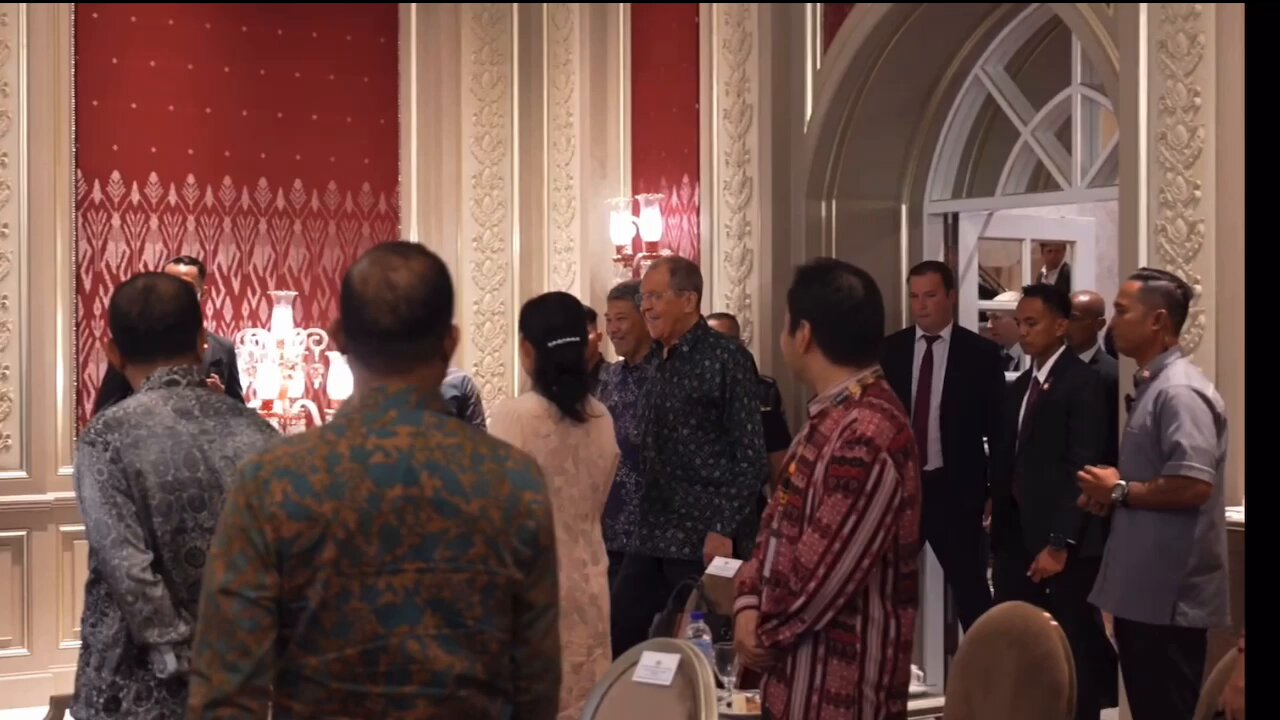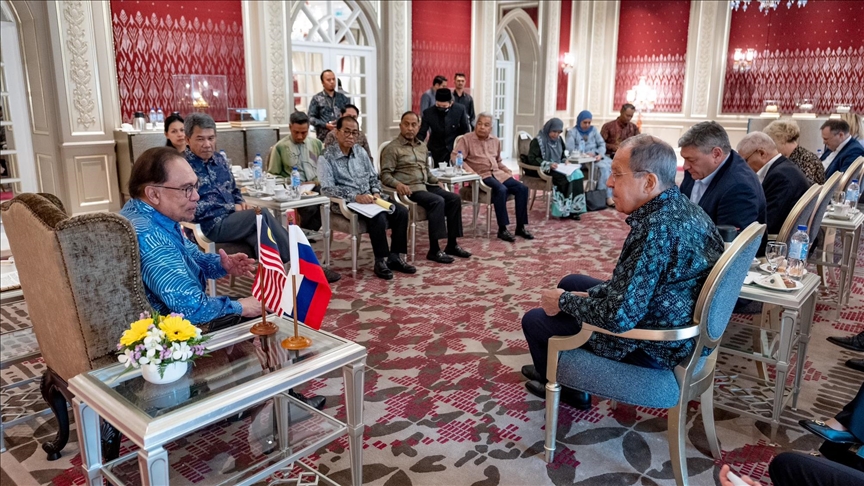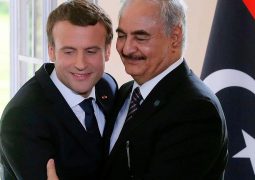Malaysia and BRICS: Taking and an Options and Thinking of Future

NST Leader: Of Malaysia and BRICS
GEOPOLITICS never remains the same for long. As nations change, so does geopolitics.
Sometimes nations get to choose the geopolitics they want and sometimes it is imposed on them.
In the case of Malaysia, when it applied to join BRICS, it was a combo of both, in our reading that is.
Take imposed geopolitics. The United Nations, if it was just and fair, should have been enough. Turned into a walking cadaver by superpowers of the West, it doesn’t lend an ear to middle powers.
Countless times Malaysia has taken to the podium at the UN General Assembly (UNGA), calling for this and that change.
Being powerless — the only UN organ that has law-making powers is the UN Security Council (UNSC) — the UNGA has been turned into an annual talk show.
It was designed to fail by the permanent five of the UNSC. And failed the UNGA has, year after year.
Even the UN secretary-general can’t be at his critical best. If he tries to be, it would mean the exit for him. Many have called for the reform of the UN, especially the UNSC, but it would rather be dead than be reformed.
The policies of international institutions, such as the World Bank and the International Monetary Fund, too, aren’t friendly to developing nations. It is a case of take it or leave it.
We saw those ruinous policies in action during the 1997 Asian financial crisis, wreaking havoc on one regional economy after another.
Malaysia isn’t the only nation that has had enough of the nonsense of the unipolar world.
The 10 members of BRICS, too, have had enough of the twaddle. There just can’t be one nation policing the world of 193, especially when it insists on imposing its will on the rest.

A unipolar world is inconsistent with a rules-based global order, no matter what the rhetoric says. Rhetoric isn’t necessarily reality.
Nations want to stand up and be counted, not to sit down and be dictated to. Economics, the descendant of politics, is also a driver of Malaysia’s wish to be part of BRICS.
With 10 members, the group accounts for almost 50 per cent of the world’s population.
With anything between 18 and 40 more countries — at least five are from Asean — wanting to join the bloc, according to media reports, BRICS should account for close to 60 per cent of the global population.
A huge market for Malaysia’s exports, many of which have headed that way for sometime now.
As a BRICS member, trading terms should be made easier. Some analysts argue that BRICS member countries have diverse economic systems and therefore make it hard to trade with each other.
This is more of geopolitical drivel than economic reality. Globalisation would have failed if this were true. Where does this leave Asean?

Exactly where it is now, a block of 10 that has found it hard to speak with one voice on matters of trade or geopolitics.
One thing for sure, the existence of BRICS doesn’t mean the disappearance of Asean.
Neither bloc is against coexistence. By wanting to join BRICS, Malaysia is looking for avenues to safeguard its interests in as many ways as it can. Asean is one platform; BRICS another.
- Previous UAE recognizes Taliban officals: Mullah ambassador stars his duty in Abu-Dhabi
- Next 1 in 15 or 70 out of 1,100 ultra-Orthodox Jews complied with Israeli army draft orders
















